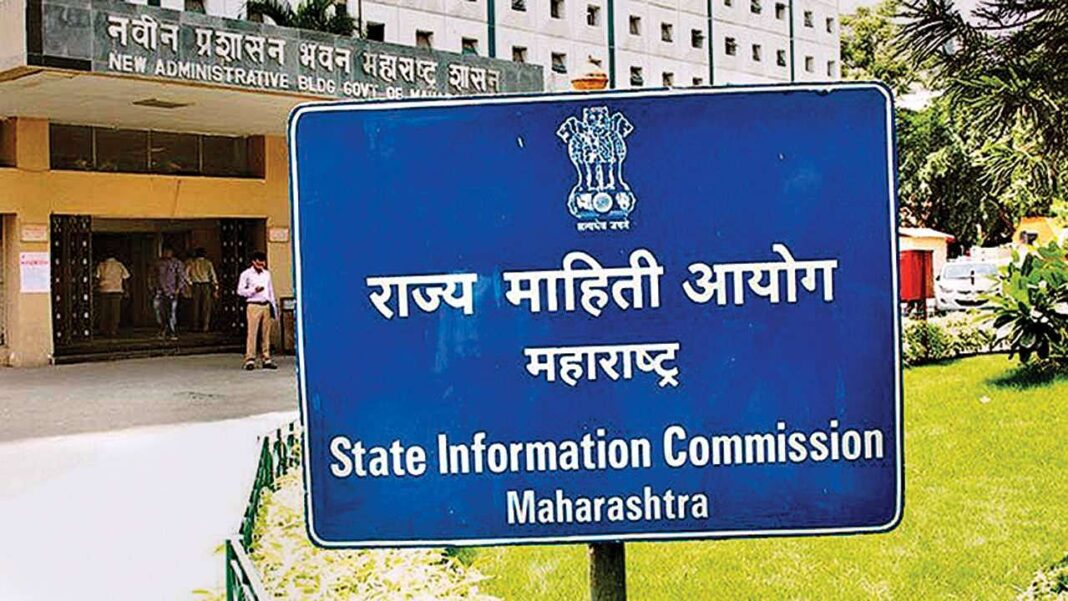The transparency law in the state is staring at a bleak future. For information that should be available suo motu or within 30 days of filing an application, people have to wait for anywhere between one year to four years depending on the State Information Commission bench (SIC) where appeals are pending. The Right to Information Act was made into a law in 2005, and will mark its 17th anniversary on October 12.
However, in August 2022, pending appeals and complaints were at an all-time high of 1,04,802 (see table). Of these, pending second appeals stand at 90,246, while total pending complaints are 14,556. Half the benches have over 10,000 pending second appeals, with the highest (20,914) in Pune, followed by the Aurnagabad bench, headquarter bench and Amravati bench with 18,848, 13,637 and 11,968 pending appeals.
respectively. Recently, the Free Press Journal newspaper had written about the headquarter bench organising a special drive to clear pending cases and 9,000 of the 13,000 appeals were to be dealt with. The drive continues.
In the case of complaints, three benches have over 2,000 complaints, with the most in Aurangabad (4,149), followed by the headquarter bench (2,802) and the Konkan bench (2,313). The RTI Act allows for one chief commissioner and 10 commissioners. In Maharashtra, there’s a chief commissioner and seven commissioners for seven benches.
It’s a long pending demand that all benches be constituted with commissioners deputed with “transparency and RTI spirit in mind”. During the Covid pandemic, when hearings had stopped, a few RTI activists had approached the courts seeking directions for online hearing and a roadmap to dispose of second appeals within 45 days based on three High Court orders. Unlike the application and first appeal, the RTI Act does not give a time limit to dispose of the second appeal.
In the first case, the government issued a Government Resolution (GR), while in the second, on Commission pointing out high vacancies of commissioners, the court asked the State Government to come up with measures to fill them up. Shailesh Gandhi, who is a part of the petition that sought a road map, said, “The RTI is being made into the right to history. Someone has to take ownership of clearing the appeals and following up on vacancies.
The commissioners are best suited to do that because it is their work. In 90% cases, a decision should be given within three to six months. This is like a cancer affecting judicial and quasi-judicial functioning where timebound disposal does not seem to matter at all.
” Bhaskar Prabhu, another RTI activist said, “It is the commission that is not implementing the RTI. There are examples of commissioners clearing a high number of pending appeals and bringing them down drastically. The commissioner should see that if information is part of suo motu disclosure, it should be given and compensation be provided to applicants for the harassment and the wait meted out to them.
” FPJ reached out to the chief commissioner but there was no reply till the time of going to the press. .
From: freepressjournal
URL: https://www.freepressjournal.in/mumbai/few-commissioners-and-high-vacancy-mars-functioning-of-information-commission-in-maharashtra



